Cyclothymia (Cyclothymic Disorder): Symptoms, Causes & Treatment - Diagnosis in Moscow at «K+31» Clinics
Cyclothymia is a mood disorder characterized by cyclical changes, ups and downs, and fluctuations between good and bad moods. At its core, cyclothymia is very similar to manic-depressive psychosis (bipolar disorder, or BD); indeed, some schools of psychiatry consider cyclothymia a mild form of BD. Cyclothymia also shares many similarities with dysthymia and recurrent depression. Between episodes of high and low mood, there may be a period of mental health.
In its classic form, cyclothymia begins in young adulthood and becomes chronic. Initially, episodes of mood swings do not last long, leaving more time for a period of mental health (intermissions). Timely treatment prevents the progression of the disease, and in the absence of adequate medical care, the duration of intermissions progressively decreases.

specialists

equipment

treatment

Clinical picture of cyclothymia
Symptoms of cyclothymia are divided into two opposing groups: "good mood" symptoms and "bad mood" symptoms.
Good mood symptoms (hyperthymic phase) are characterized by energy, hyperactivity (personal, domestic, and social), elevated mood, and increased work capacity. The patient experiences a constant feeling of well-being, which sometimes leads to an inadequate assessment of the surrounding environment. Sleep time is reduced. The clearly negative aspects of hyperthymia include familiarity, rude behavior, irritability, decreased concentration, and restlessness. Hypomania is a condition in which the above symptoms are more pronounced than in hyperthymic episodes, but less so than in manic episodes.
Bad mood symptoms (depressive phase, dysthymia) are characterized by all the classic signs of regular depression, but they have a more subtle course:

- Long-term mood decline
- Decreased interests in all areas
- Deterioration of cognitive abilities
- Decreased self-esteem and self-efficacy
- Inactivity, anxiety
- Poor sleep at night and daytime drowsiness
- Lack of appetite
- The appearance of false pain and other symptoms in internal organs (similar to somatoform reactions)
Due to the peculiarities of its clinical presentation, cyclothymia rarely comes to the attention of psychiatrists or psychotherapists. Patients are often unaware of this mental disorder, as it has virtually no impact on quality of life, does not impair professional skills, and is unnoticeable to others. Moreover, an episode of elevated mood (especially the hyperthymic phase) is very often perceived by a person as a period of complete well-being to which one should strive.
Despite the relative harmlessness or even apparent positivity of cyclothymia, this condition is a mental disorder and requires adequate treatment. Otherwise, there is a high risk of progression to bipolar disorder or other severe mental illness.
Treatment of cyclothymia at the K+31 clinic
Treatment of cyclothymia generally does not require hospitalization. All doctor's orders can be carried out on an outpatient basis; however, regular monitoring by a specialist is necessary. Inpatient treatment is indicated for patients who do not comply with or violate the treatment regimen, as well as when active therapeutic measures are necessary. Otherwise, according to current recommendations, cyclothymia is treated on an outpatient basis and over a long period of time (at least 6 months).
The main goal of psychotherapy for cyclothymia is to fully inform the patient about their health condition, the need for treatment despite apparent well-being, and the adverse consequences of refusal or non-compliance with the therapeutic regimen. During periods of low mood, when depressive symptoms predominate, psychotherapy aims to support the patient, teach them how to cope with negative thoughts, and prevent suicide.
Although cyclothymia has a favorable course, medication therapy is initiated simultaneously with psychotherapy. The latter includes the prescription of antidepressants, which play a key role in relieving depressive episodes. Correct and consistent use of medications from this group is the key to a speedy recovery. In addition to antidepressants, tranquilizers and nootropics are prescribed. Lithium, anticonvulsants, and antipsychotics are used to treat episodes of hyperthymia or hypomania.


This award is given to clinics with the highest ratings according to user ratings, a large number of requests from this site, and in the absence of critical violations.

This award is given to clinics with the highest ratings according to user ratings. It means that the place is known, loved, and definitely worth visiting.

The ProDoctors portal collected 500 thousand reviews, compiled a rating of doctors based on them and awarded the best. We are proud that our doctors are among those awarded.
Make an appointment at a convenient time on the nearest date
Price

















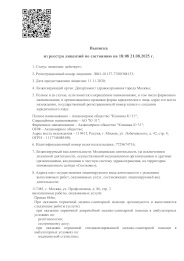
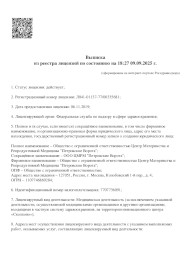
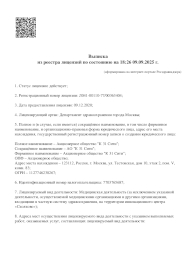
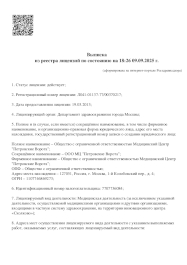
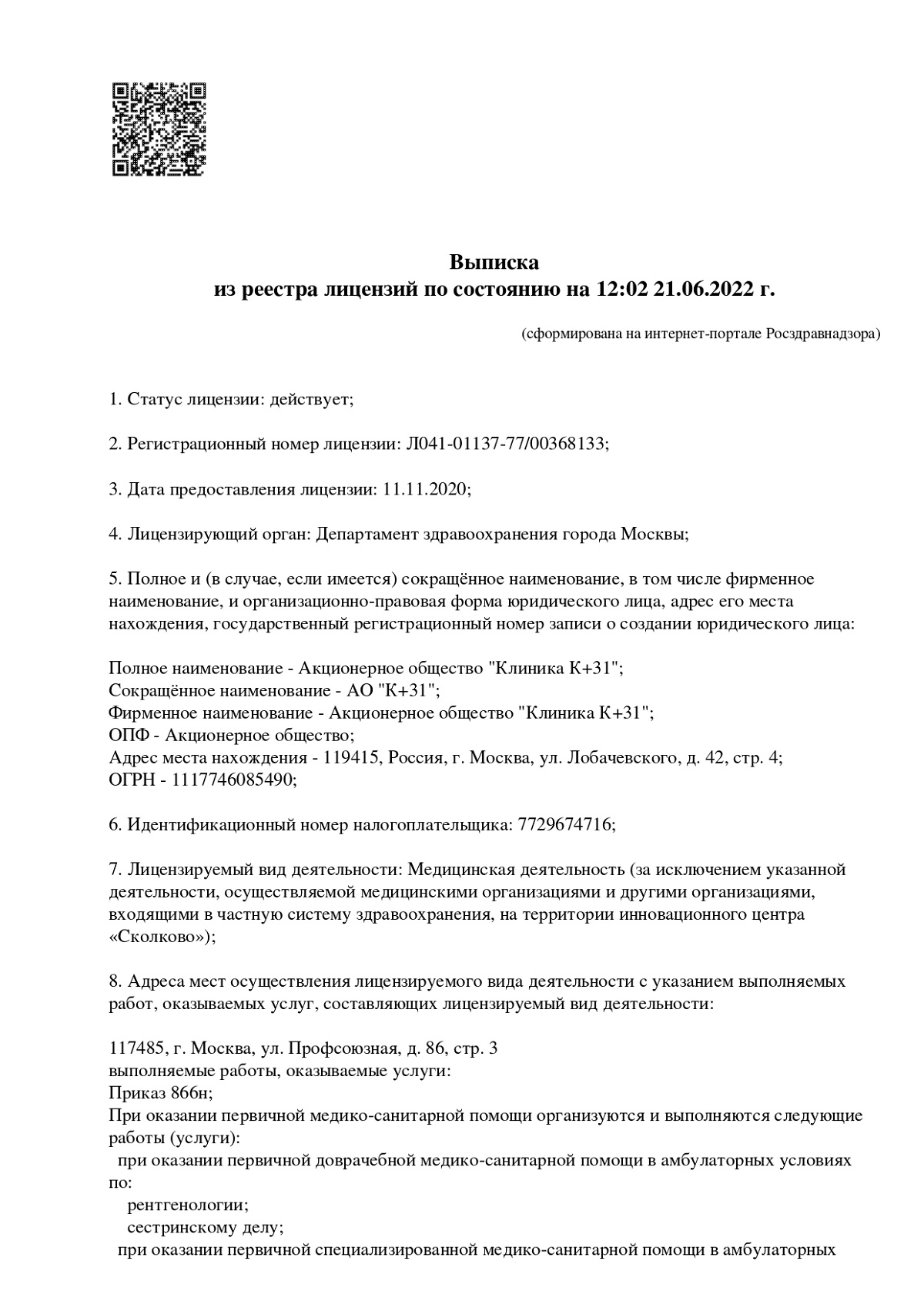
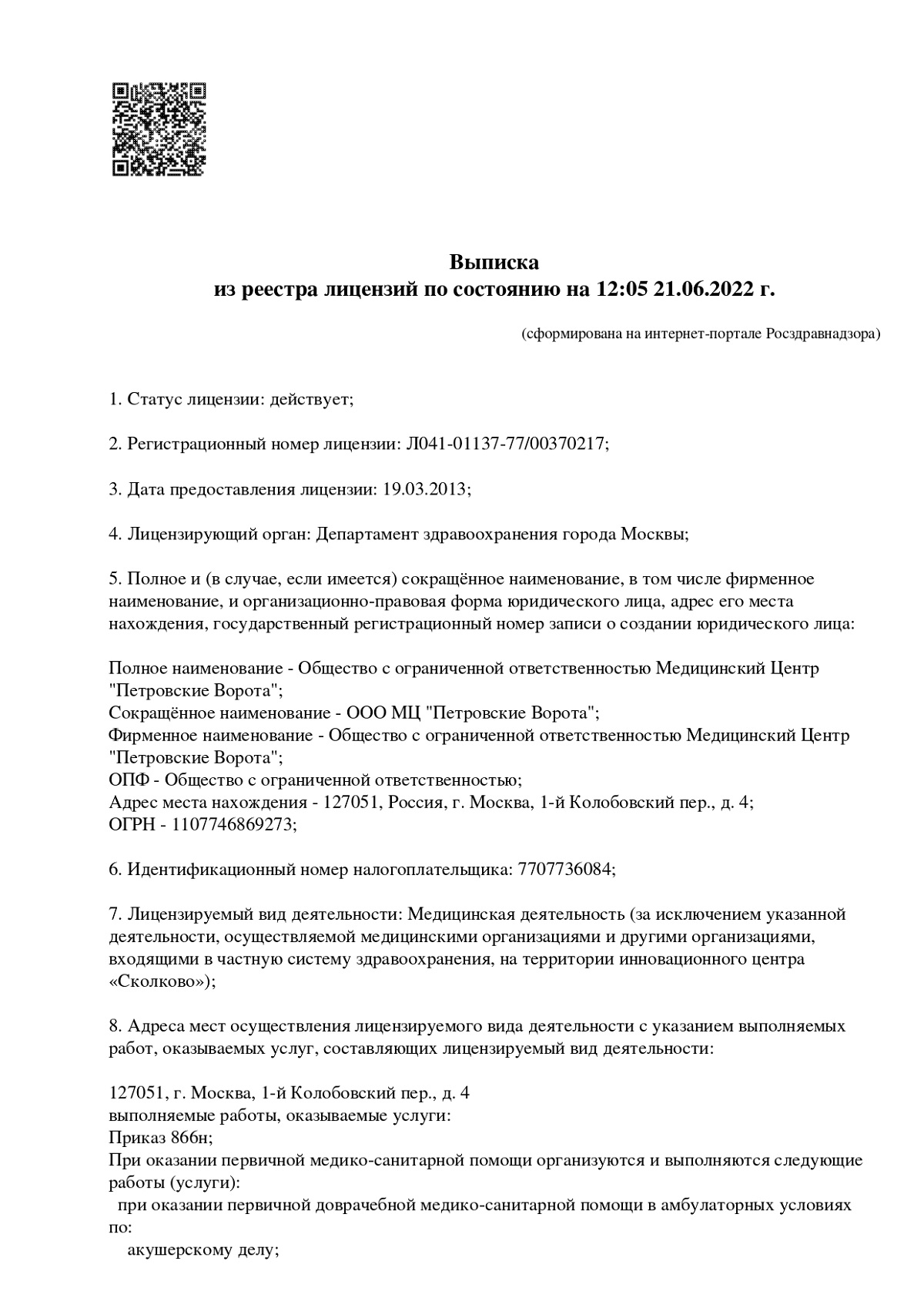
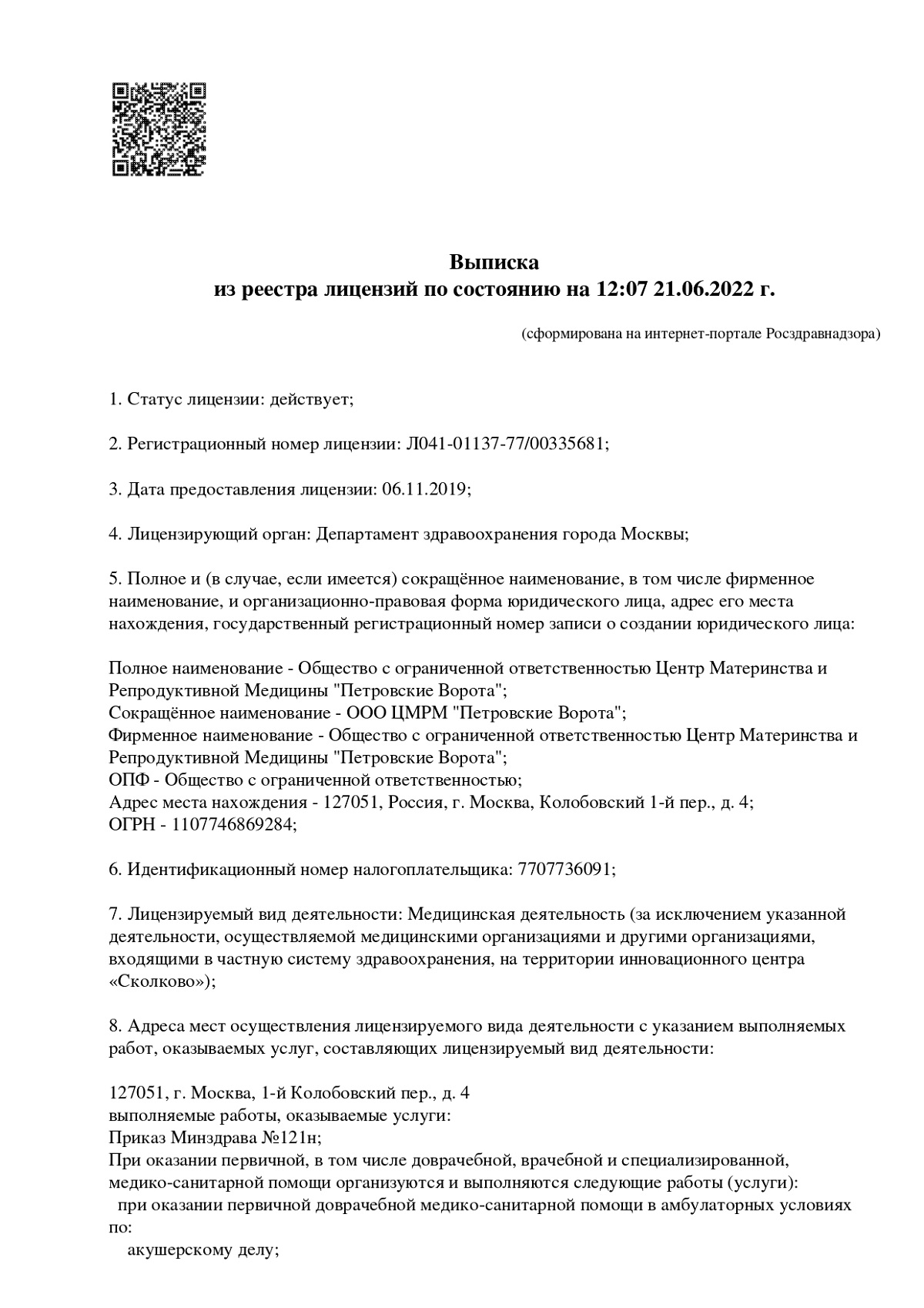
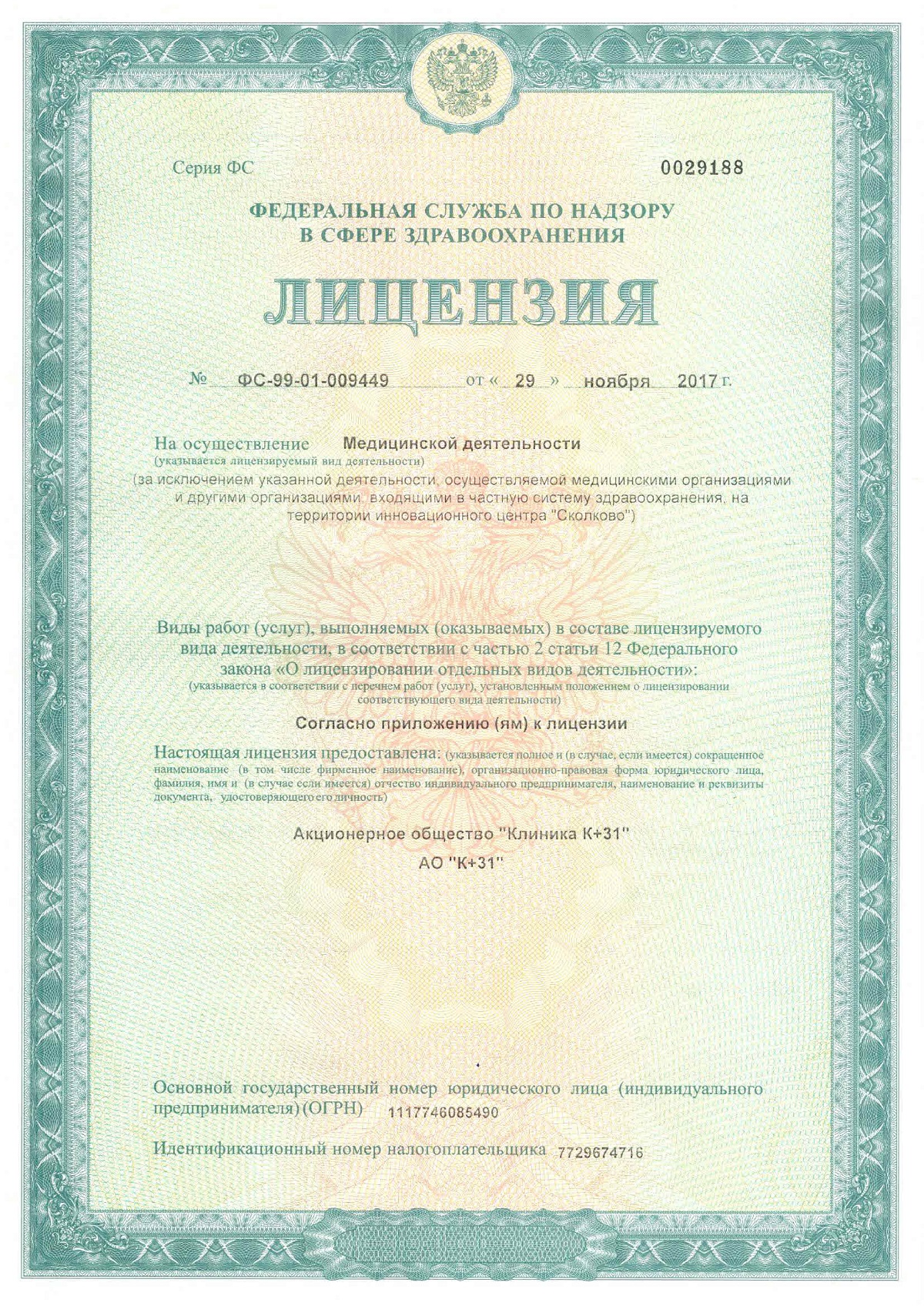
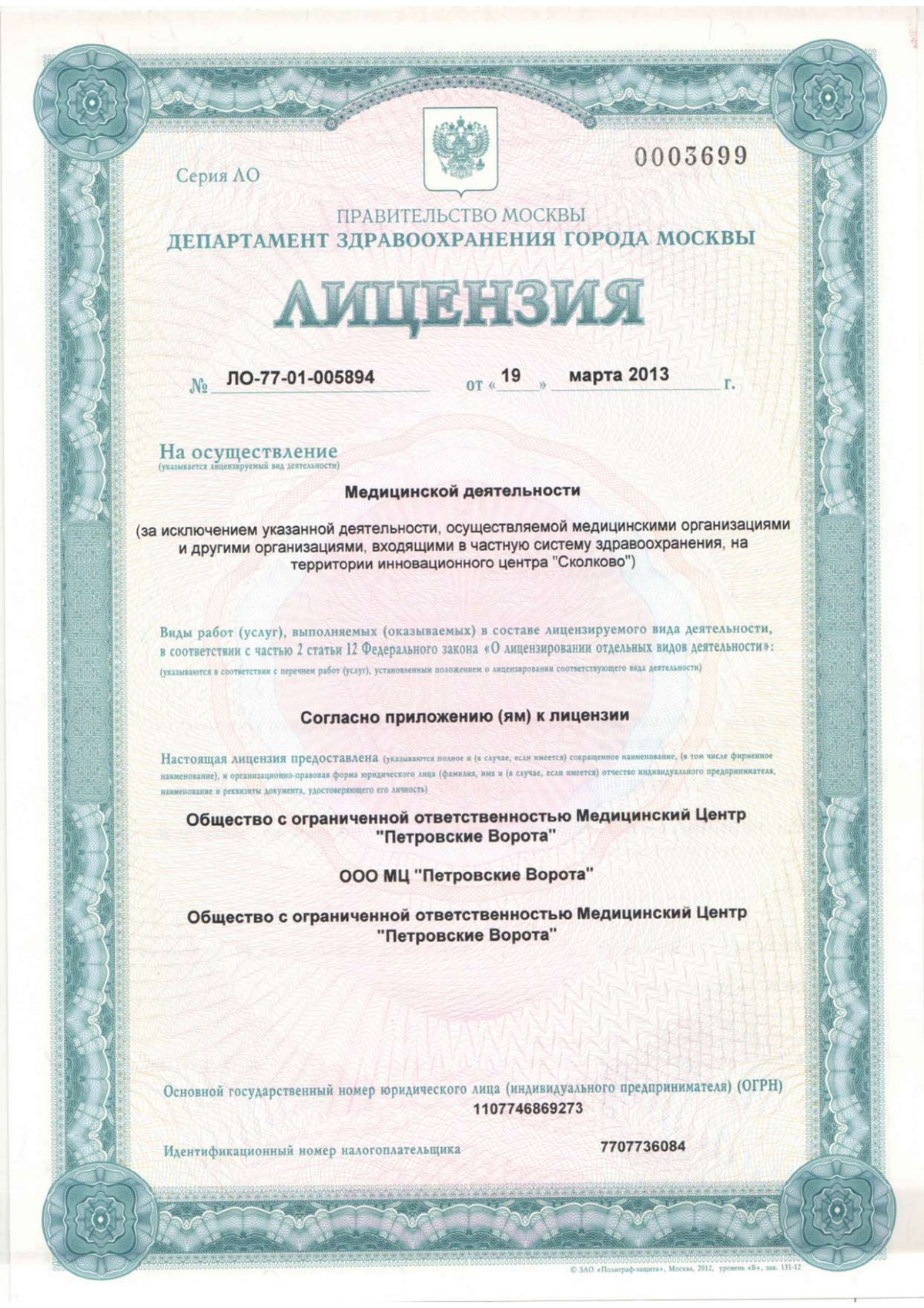
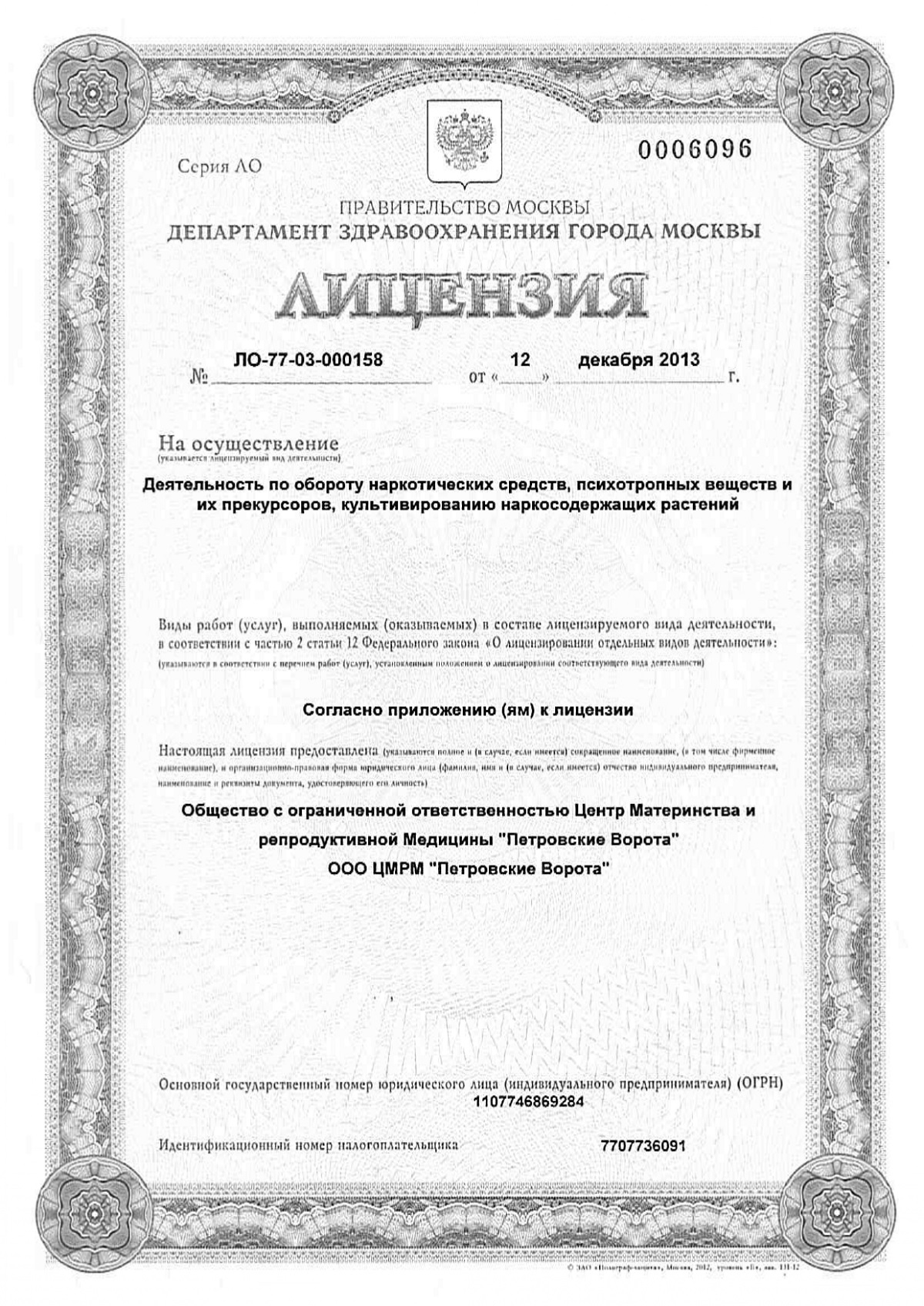
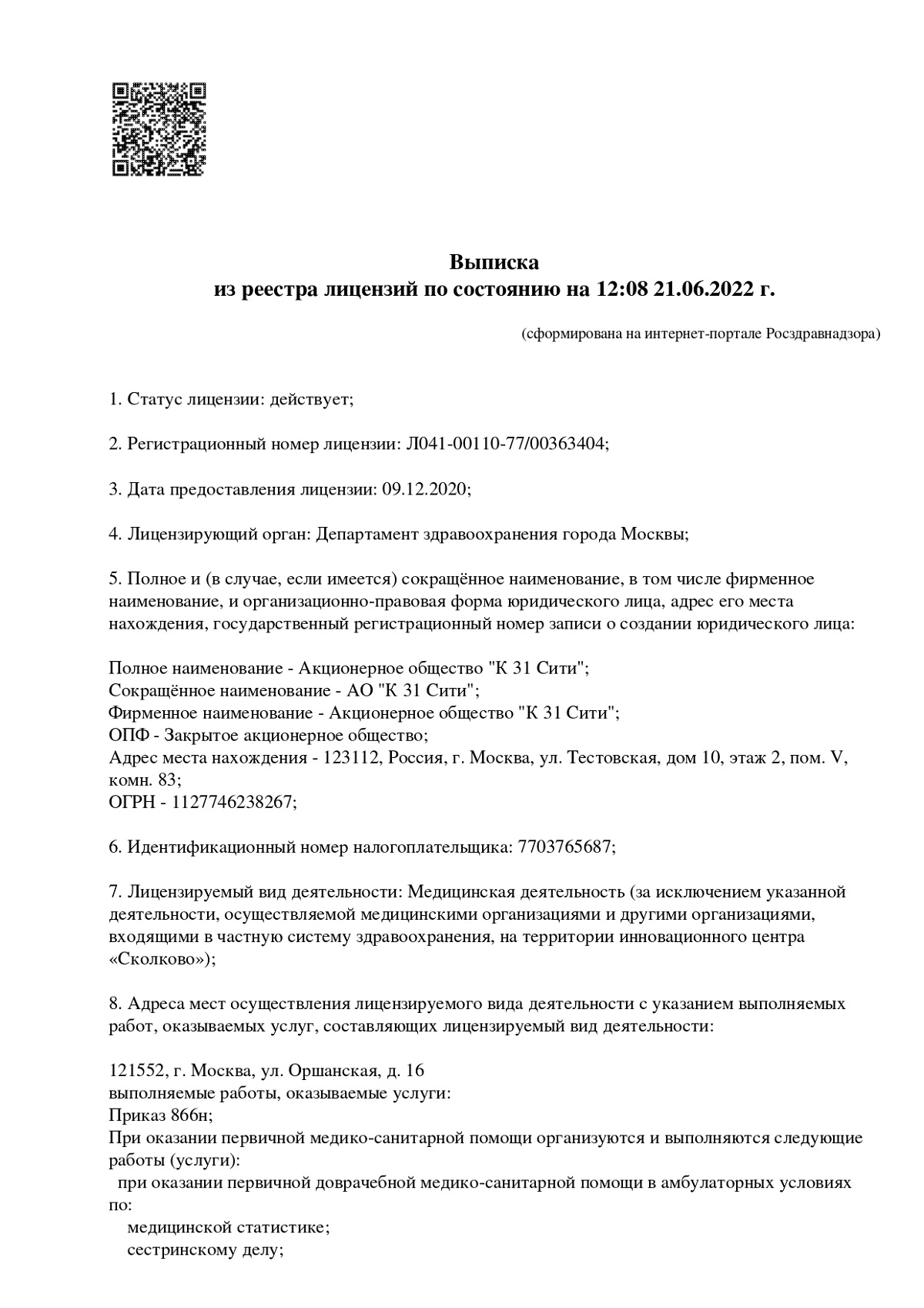
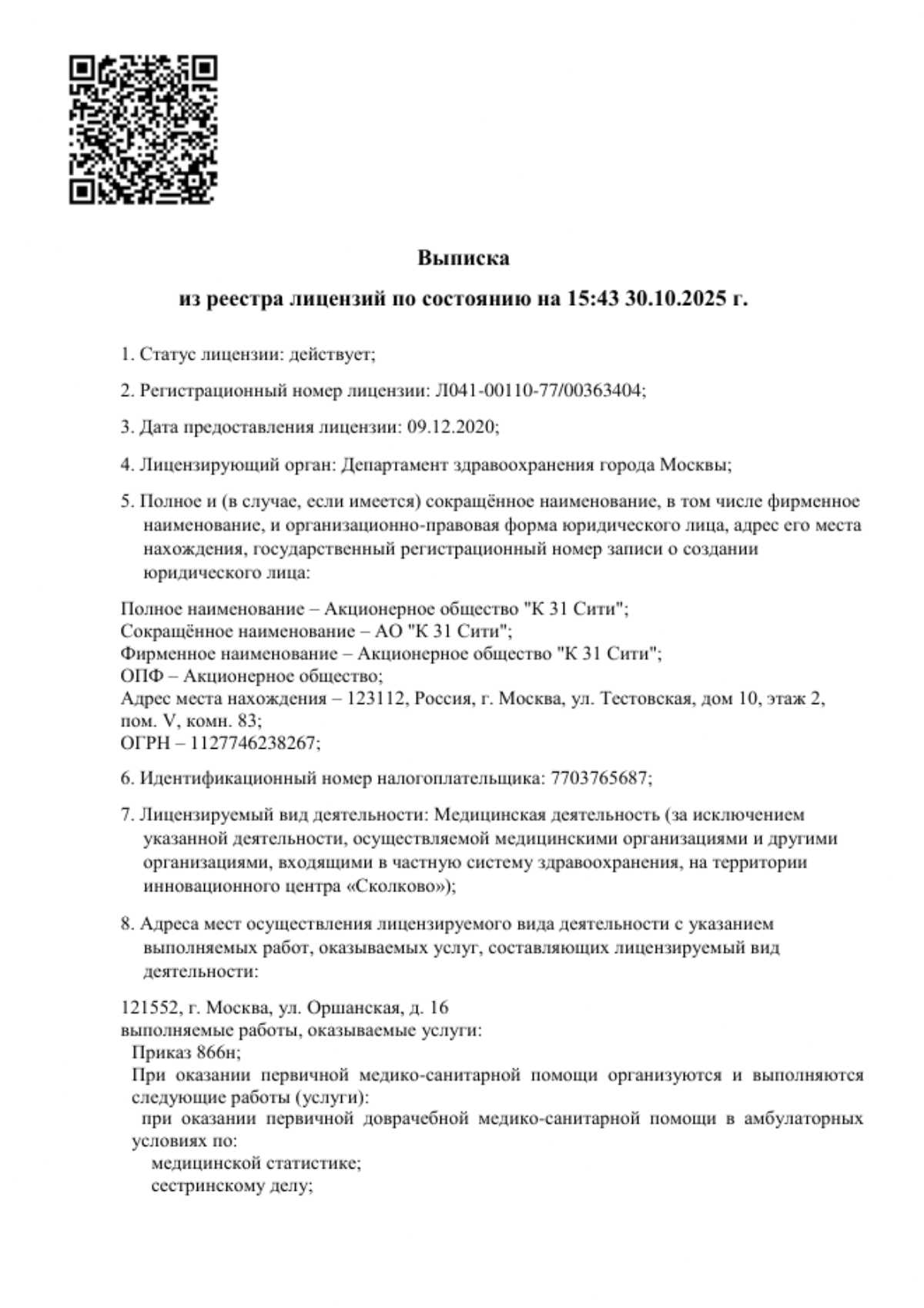
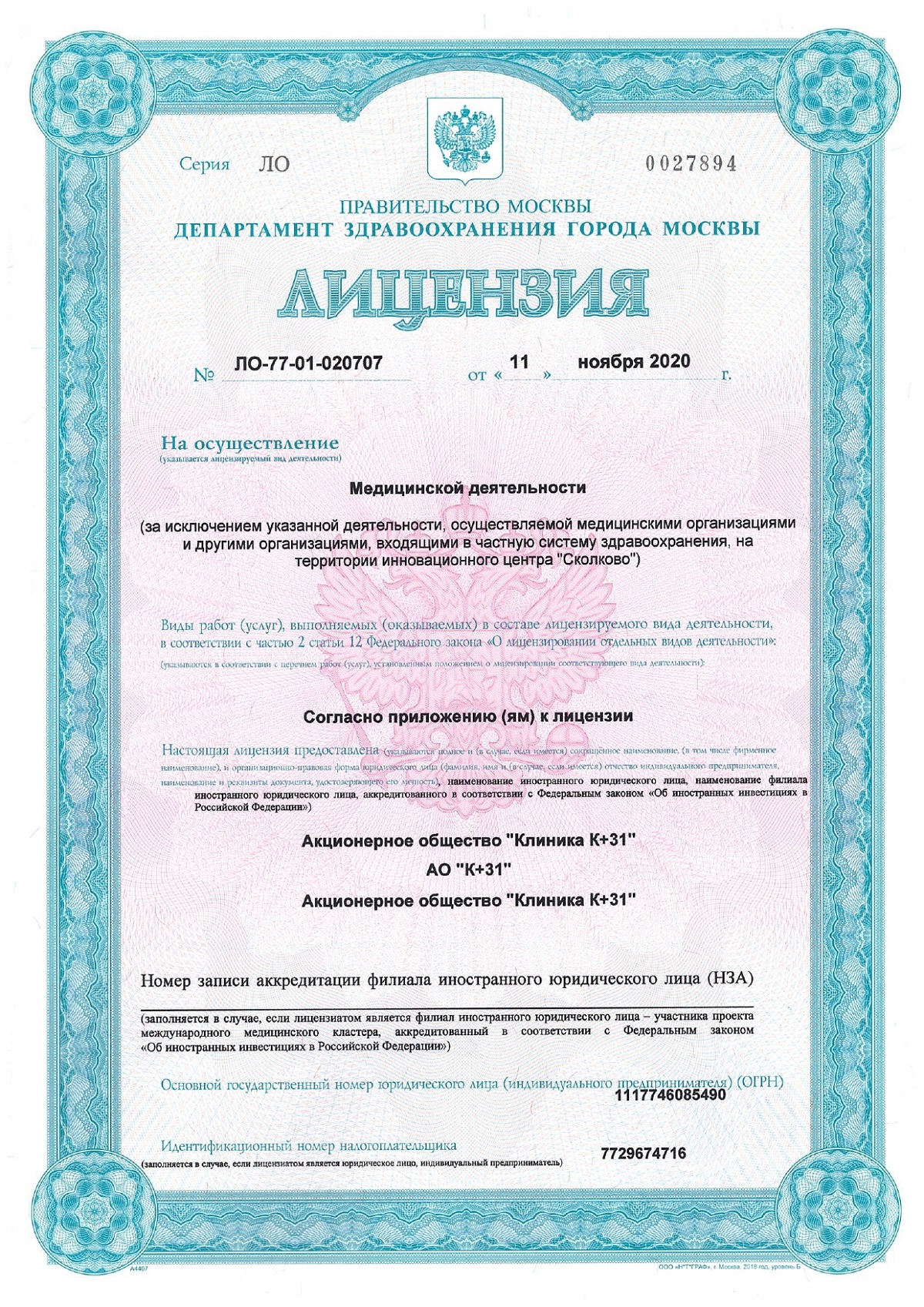
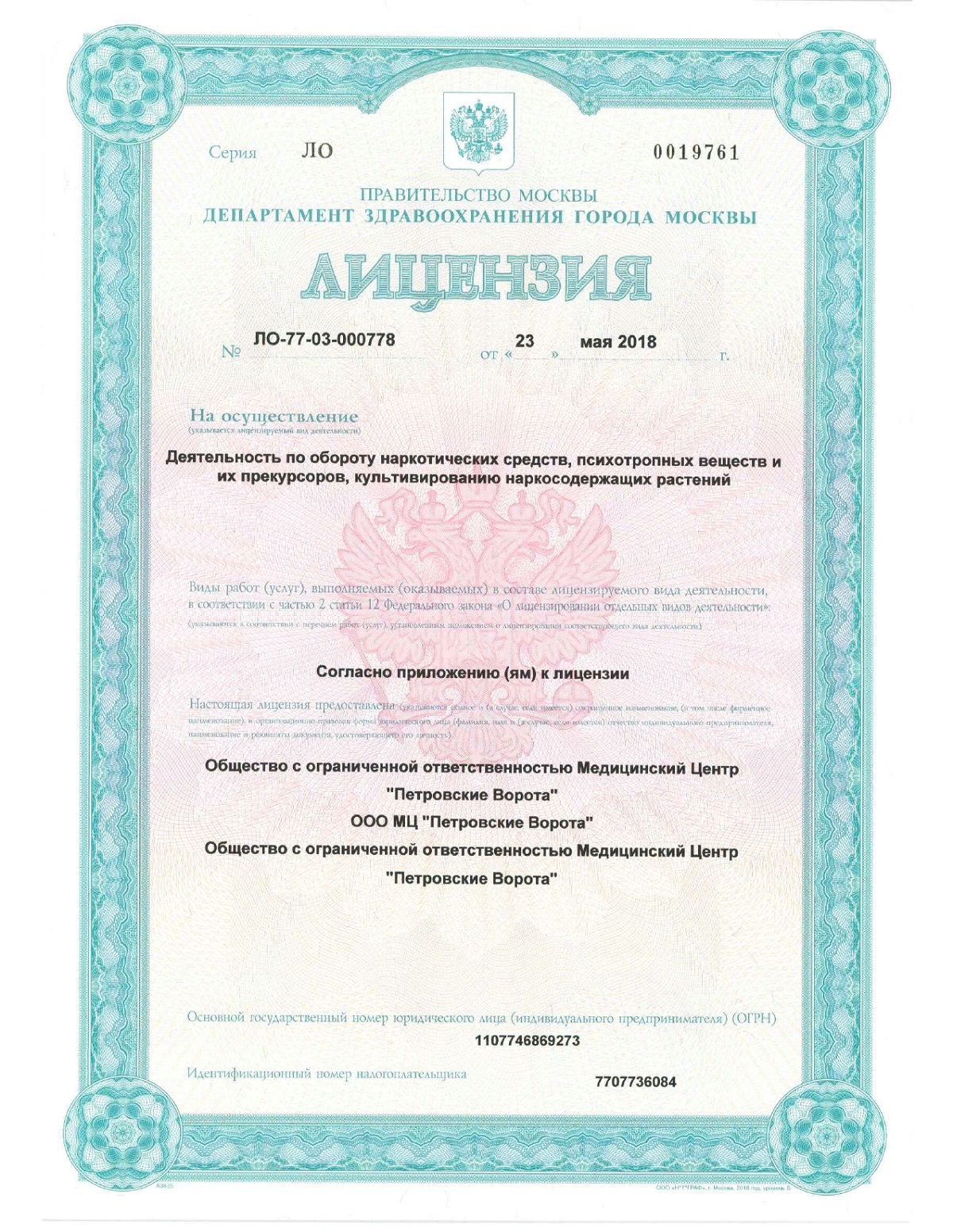
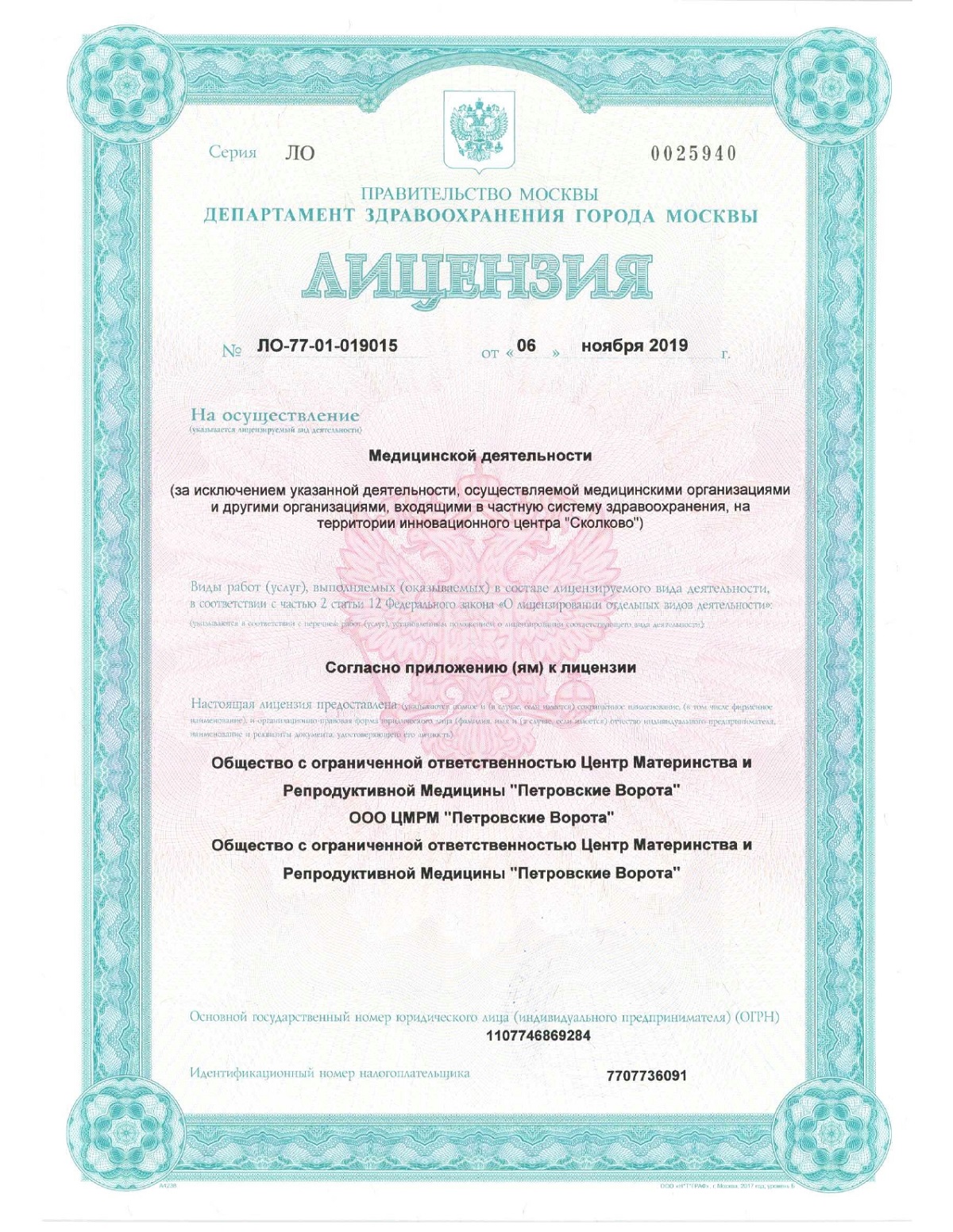
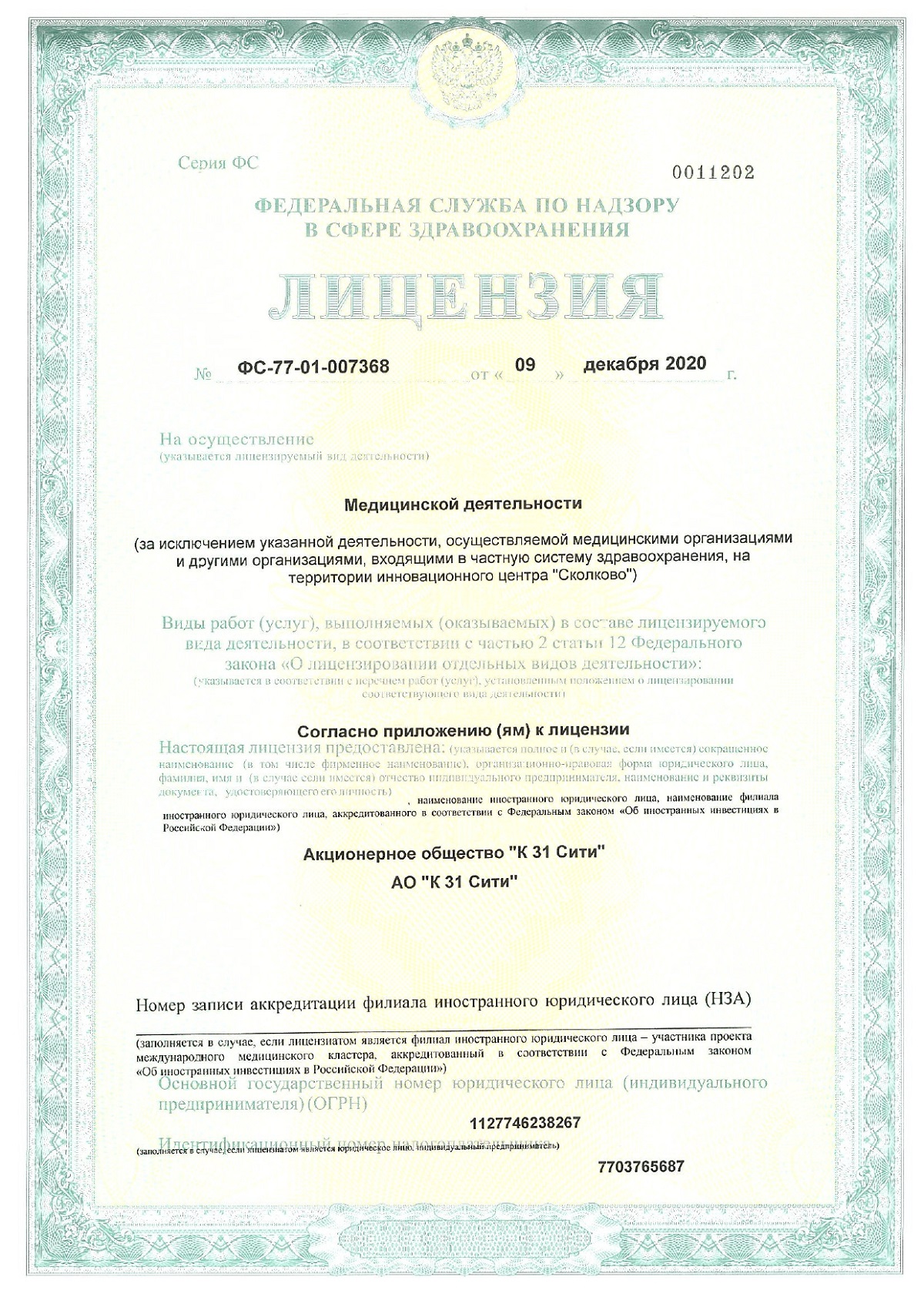







Causes of cyclothymia
The direct cause of cyclothymia, like most mental disorders, is unknown. Psychiatric researchers favor a hereditary factor, as cyclothymia most often occurs in people with relatives who suffered from bipolar disorder. Other severe mental disorders, such as major depressive disorder, panic disorder, and anxiety disorder, can also be considered a hereditary factor.
Individuals with neuroses, anxiety, and suspiciousness are prone to cyclothymia. The risk of cyclothymia increases in people who use psychoactive substances or abuse alcohol (especially at a young age).